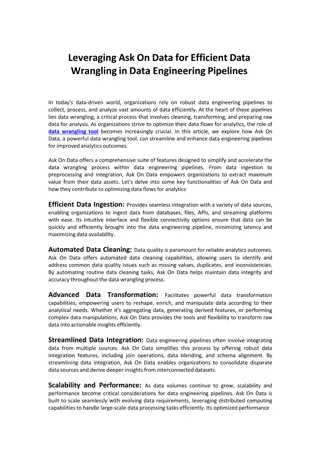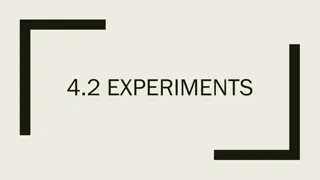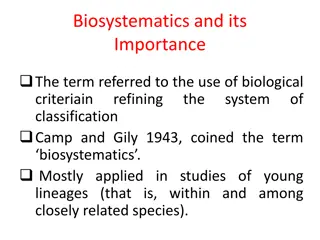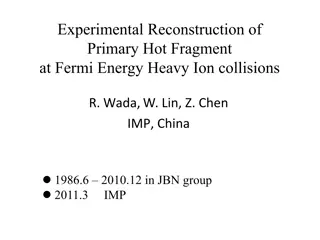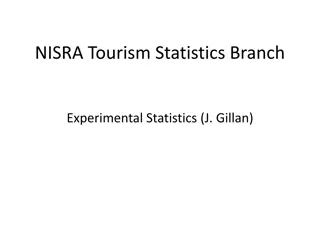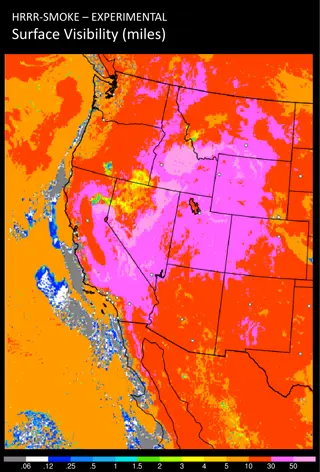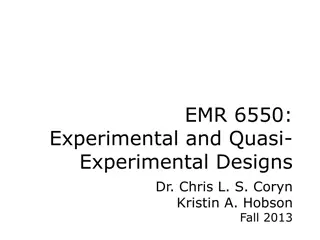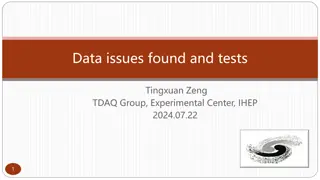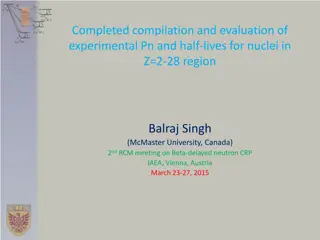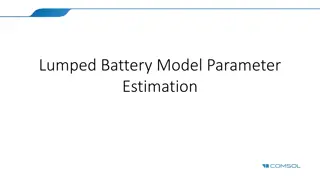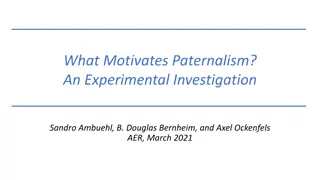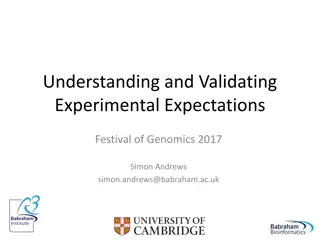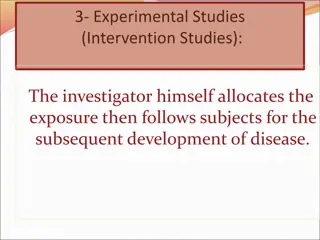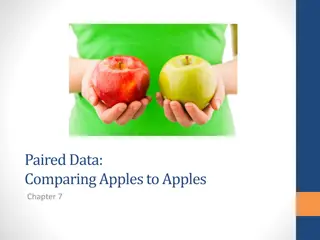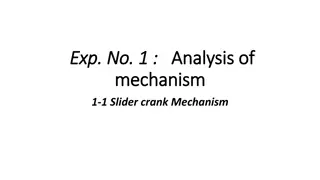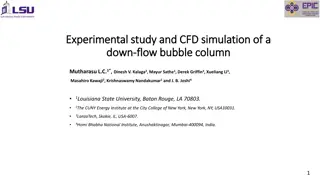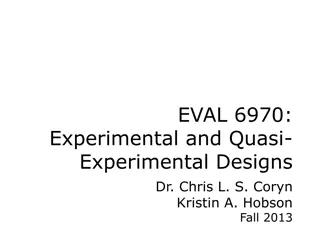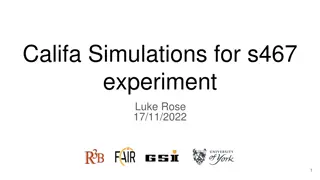Introduction to Experimental Economics by John Hey: A Comprehensive Overview
Explore the interconnected realms of Experimental Economics and Behavioral Economics through the insightful lectures of John Hey, an Emeritus Professor at the University of York. Discover the methodology of testing economic theories for validity and the practical applications of experimental economi
1 views • 58 slides
Insights on Experimental ASF Vaccines in Pig Studies
The research conducted by Prof. Jishu Shi and his team at Kansas State University delves into the safety and efficacy testing of experimental African Swine Fever (ASF) vaccines using pigs as the model. Various vaccines, including DNA vaccines and live attenuated viruses, were tested against differen
4 views • 13 slides
Ask On Data for Efficient Data Wrangling in Data Engineering
In today's data-driven world, organizations rely on robust data engineering pipelines to collect, process, and analyze vast amounts of data efficiently. At the heart of these pipelines lies data wrangling, a critical process that involves cleaning, transforming, and preparing raw data for analysis.
2 views • 2 slides
Key Components of Experimental Economics Methodology
Experimental economics methodology emphasizes the importance of clear objectives, controlled environments, honest instructions, and providing subjects with monetary incentives. The experimenter must have a clear objective in mind, ensure tasks are clearly stated for subjects, and analyze data accura
0 views • 12 slides
Experimental Lightning Flash Prediction Based on Real-Time Forecast
This PowerPoint presentation provides real-time experimental lightning flash prediction based on initial conditions data from GFS and WRF models. The forecast covers Day 1 and Day 2 with detailed insights on 24-hour accumulated total lightning flash counts and 3-hourly accumulated total lightning fl
0 views • 8 slides
Understanding Nonexperimental and Quasi-experimental Studies
Nonexperimental and quasi-experimental studies resemble experiments but lack random assignment, making them valuable for group comparisons without establishing causation. This type of research design looks at differences between groups that already exist, focusing on group differences rather than ca
1 views • 35 slides
Understanding Experiments in Research: Observation vs. Experimentation
Observation and experiments are two crucial methods in research. An observational study involves observing and measuring variables without influencing responses, while an experiment deliberately applies treatments to measure responses. Confounding variables can affect the results, and factors like e
0 views • 13 slides
Real-time Experimental Lightning Flash Prediction Report
This Real-time Experimental Lightning Flash Prediction Report presents a detailed analysis of lightning flash forecasts based on initial conditions. Prepared by a team at the Indian Institute of Tropical Meteorology, Ministry of Earth Sciences, India, the report includes data on accumulated total li
0 views • 6 slides
Real-time Experimental Lightning Flash Prediction Based on Initial Conditions
This presentation provides real-time experimental lightning flash prediction based on initial conditions for a specific period. The forecast includes accumulated total lightning flash counts and hourly variations along with maximum reflectivity overlaid. Prepared by a team of researchers, this data
0 views • 8 slides
Understanding Experimental Psychology: Designs and Control Issues in Research
This content delves into the basics of experimental research, focusing on different types of experimental designs and control issues. It covers between-group and within-group designs, discussing advantages and disadvantages, as well as methods for controlling for nonequivalence. The importance of ra
0 views • 26 slides
Understanding Biosystematics and Its Significance in Biological Classification
Biosystematics plays a crucial role in refining biological classification by focusing on biological criteria to define relationships within closely related species. It helps delineate biotic communities, recognize different biosystematic categories, and understand evolutionary patterns. Through the
0 views • 15 slides
Understanding Probability: Experimental and Theoretical Concepts
Probability is the measure of the likelihood of an event happening, with experimental and theoretical probability being key concepts. Experimental probability involves determining probabilities through experience or experiments, while theoretical probability can be calculated without prior experienc
2 views • 23 slides
Experimental Reconstruction of Primary Hot Fragment in Heavy Ion Collisions
Investigation into primary hot fragment reconstruction at Fermi energy heavy ion collisions, utilizing experimental data and simulations to reconstruct excitation energy, mass, and charge of primary fragments. Techniques like kinematical focusing and isotope identification were employed, with a focu
0 views • 36 slides
Calculation and Validation of Thermal Neutron Diffusion Length in Water at Elevated Temperatures
This research focuses on the validation of thermal neutron diffusion experiments in water at elevated temperatures. Various methods, including the pulsed-neutron die-away and static relaxation length methods, were used to determine the diffusion length (L). Through linear and power fits based on dat
0 views • 7 slides
Insights into NISRA Tourism Statistics: Latest Findings and Experimental Data
Discover the latest findings from the NISRA Tourism Statistics Branch, including data on visitor numbers, overnight trips, visitor attractions, and more. Get insights into experimental statistics and the Code of Practice for Official Statistics governing the production and dissemination of data. Exp
0 views • 8 slides
HRRR Experimental Smoke Data Analysis
This content showcases experimental data from HRRR-SMOKE, focusing on surface visibility in miles and vertically integrated smoke levels in mg/m2. The images provide insights into the spatial distribution of smoke and visibility conditions, potentially useful for monitoring air quality and assessing
0 views • 4 slides
Quiz Review on Scientific Method and Graphing
Explore a quiz review covering topics related to scientific method, graphing, and experimental design. Understand key concepts such as hypothesis, scientific law, theory, variables, and experimental control through detailed questions and images. Test your knowledge on laboratory safety, inferences,
0 views • 14 slides
Understanding Balanced Incomplete Block Design in Experimental Statistics
Balanced Incomplete Block Design (BIBD) is a crucial experimental design method where treatments exceed units per block. This approach helps efficiently analyze data by organizing treatments into blocks and replicates. In the provided example, Ford Falcon prices quoted by dealers to interviewers sho
0 views • 20 slides
Analysis of Resolution and Residuals in Experimental Data
This document presents an analysis of experimental data including resolution figures, residuals from fitting, and positional jitter. It explores single point analysis, charge references, and resolution as a function of sample number. The data is thorough and detailed, providing insights into the acc
0 views • 13 slides
Experimental Data Analysis Report
This report covers various aspects of experimental data analysis at the research facility, including the status of INGRID, DAQ, neutrino event rate, beam center stability, event timing, and a general summary with visual representations. The efficiency of data taking, delivery and recording of spills
0 views • 6 slides
Understanding Quantitative Research Designs in Nursing
Delve into the world of quantitative research in nursing, exploring different research designs and the concept of causality. Learn about experimental, quasi-experimental, and non-experimental designs, as well as the characteristics of experimental design like manipulation, control, and randomization
0 views • 22 slides
Quasi-Experimental and Interrupted Time-Series Designs Overview
Explore the various quasi-experimental designs, control groups, pretests, and outcome patterns in research methodologies. Understand the implications of different outcome patterns on causal interpretation and validity threats in experimental studies.
0 views • 31 slides
Understanding Experimental Design in Biology
Explore key concepts in experimental design in biology through clicker questions focusing on hypotheses, variables, control groups, and experimental groups. Learn how scientists test hypotheses and analyze results to draw valid conclusions in biological studies.
0 views • 15 slides
Issues and Tests in Data Analysis at IHEP Experimental Center
Data analysis issues and tests were found by Tingxuan Zeng at the TDAQ Group within the Experimental Center at IHEP. Various issues were identified during the last data taking session, including discrepancies in GEMDC packet counts, incorrect packet lengths, and buffer pile-up. Analysis and testing
0 views • 4 slides
Compilation and Evaluation of Experimental Data for Nuclei in Z=2-28 Region
Completed compilation and evaluation of experimental Pn and half-lives for nuclei in the Z=2-28 region, led by Balraj Singh at McMaster University. The work involved preparing lists of neutron-rich nuclides, identifying potential emitters, analyzing available experimental data for 1n, 2n, 3n, and 4n
0 views • 20 slides
Lumped Battery Model Parameter Estimation Overview
This information discusses the estimation of parameters for a lumped battery model, focusing on a black-box approach for lithium-ion battery performance prediction using experimental data and optimization methods. It covers background, experimental data, model fitting parameters, geometry, operating
0 views • 9 slides
Advances in Ceramic Composite Property Modeling and Experimental Characterization
European research focuses on advanced modeling of C/C, C/SiC, and SiC/SiC composites for aerospace and nuclear applications, with an emphasis on correlating simulations with experimental validation. Laboratories are progressing towards a multiscale approach, integrating micro/nanomechanical characte
0 views • 5 slides
What Motivates Paternalism? An Experimental Investigation
Centuries of normative debate on paternalism have resulted in its ubiquity in various aspects of society, from consumer protection to safety regulations. However, there is a scarcity of empirical studies on the motivations behind paternalistic interventions. This experimental investigation delves in
0 views • 12 slides
Understanding and Validating Experimental Expectations in Genomics Research
Explore a wide array of experimental expectations in genomics research, including types of expectations, nature of samples and data, processing efficacy, sources of variation, unexpected findings, raw data expectations, RNA contamination, biological assumptions in gene knockout experiments, expected
0 views • 21 slides
Understanding Experimental Studies: Intervention, Characteristics, and Measurements
Experimental studies involve the investigator assigning exposures and following subjects to observe disease development. Different types of experimental studies exist, such as preventive and therapeutic types, each with its limitations, including ethical concerns and challenges in recruiting subject
0 views • 13 slides
Understanding Paired Data Analysis in Research Studies
This content discusses the significance of paired data, its role in reducing variability, and examples of experimental designs used in research studies. Explore comparisons between Meijer and Family Fare prices, and testing The Freshmen 15 theory. Discover how different music types affect studying a
0 views • 55 slides
Understanding Research Methods and Data Analysis
This review covers topics such as experimental classification, the comparison of non-experimental and experimental research, software features like JMP and SPSS, outlier handling in data analysis, and levels of measurement in statistical analysis.
0 views • 13 slides
Vietnam Neutrino School Overview
Vietnam School on Neutrino is an annual event started in 2017 to promote experimental neutrino physics in Vietnam. Led by Prof. Jean Tran Thanh Van, the school focuses on lectures, software and hardware training, group works, and excursions. With a mix of students from various countries, the aim is
0 views • 7 slides
Analysis of Slider-Crank Mechanism and Experimental Data
Slider-crank mechanism analysis involves understanding the transformation of input motion into desired output motion. This mechanism consists of a crank, coupler, slider, and ground link, converting circular motion into linear motion. Experimental procedures involve setting crank angles and recordin
0 views • 6 slides
Experimental Study and CFD Simulation of a Down-flow Bubble Column
This study and simulation focus on the experimental setup, measurement techniques, and results of a down-flow bubble column. It explores novel features such as inverted bubbly flow, micro-bubble generation, and gas injection. Detailed analysis includes axial and radial variations of volumetric gas h
0 views • 25 slides
Understanding Experimental and Quasi-Experimental Designs
Explore the foundations of experimental and quasi-experimental designs, delving into causal relationships, counterfactual reasoning, and the importance of validating statistical and internal conclusions. Learn about causes, effects, and the complexity of determining causation in research. Discover R
0 views • 46 slides
Understanding Probability: Learning Outcomes and Examples
This content delves into the study of probability, covering topics such as representing probabilities of simple and compound events, calculating relative frequencies, multi-step chance experiments, theoretical and experimental probabilities. It explains concepts like chance experiments, sample space
0 views • 31 slides
Understanding Experimental Studies in Epidemiology
Epidemiological studies and experimental studies play vital roles in understanding cause-and-effect relationships in research. Experimental studies involve manipulating independent variables and measuring dependent variables, with categories such as true experimental, quasi-experimental, and pre-exp
0 views • 22 slides
Califa Simulations and Experimental Observations in Nuclear Physics Research
Exploring nuclear physics research through Califa simulations and experimental observations with a focus on PID gating, clustering algorithms, beam settings, and Ca isotopes chain gating. The study involves simulating events on CH2 targets, analyzing clustering effects, and observing opening angles
0 views • 10 slides
FY25 LBS Lab OMEGA/OMEGA EP Proposed Campaign
Proposed campaign in FY25 by the LBS Lab to measure specific deliverables, compare results with experimental and theory PIs, collaborate with others, and assess technical issues such as target fabrication feasibility. The campaign involves motivation, relevant milestones, previous/simulated results,
0 views • 6 slides


